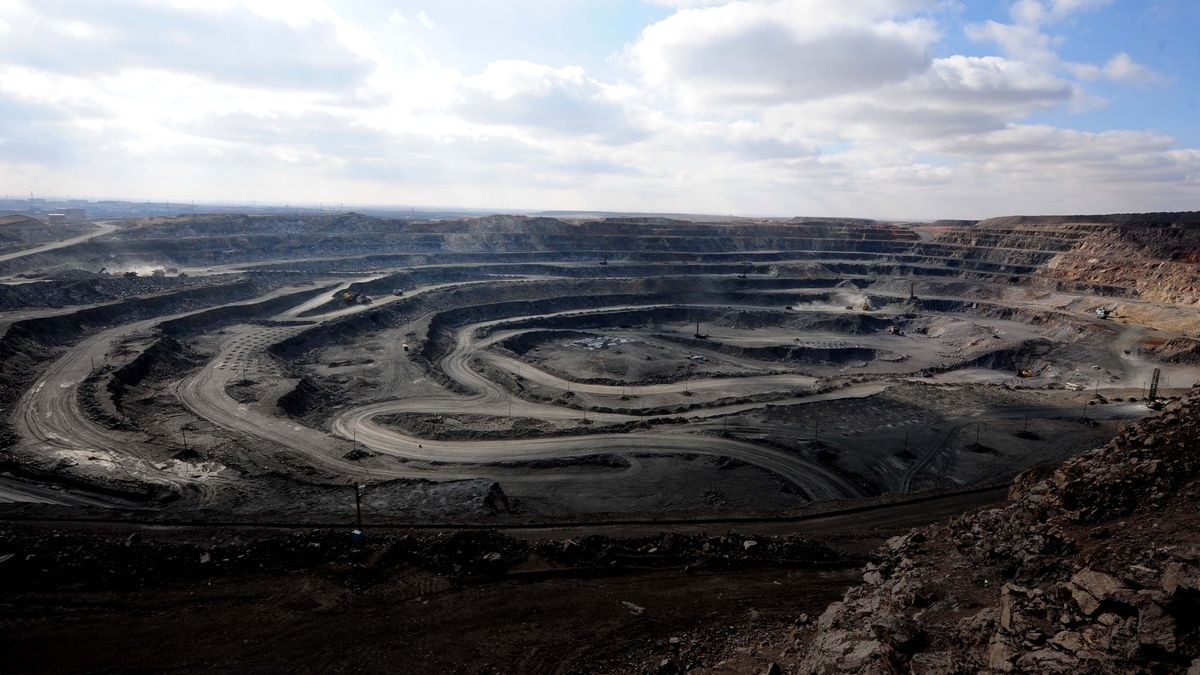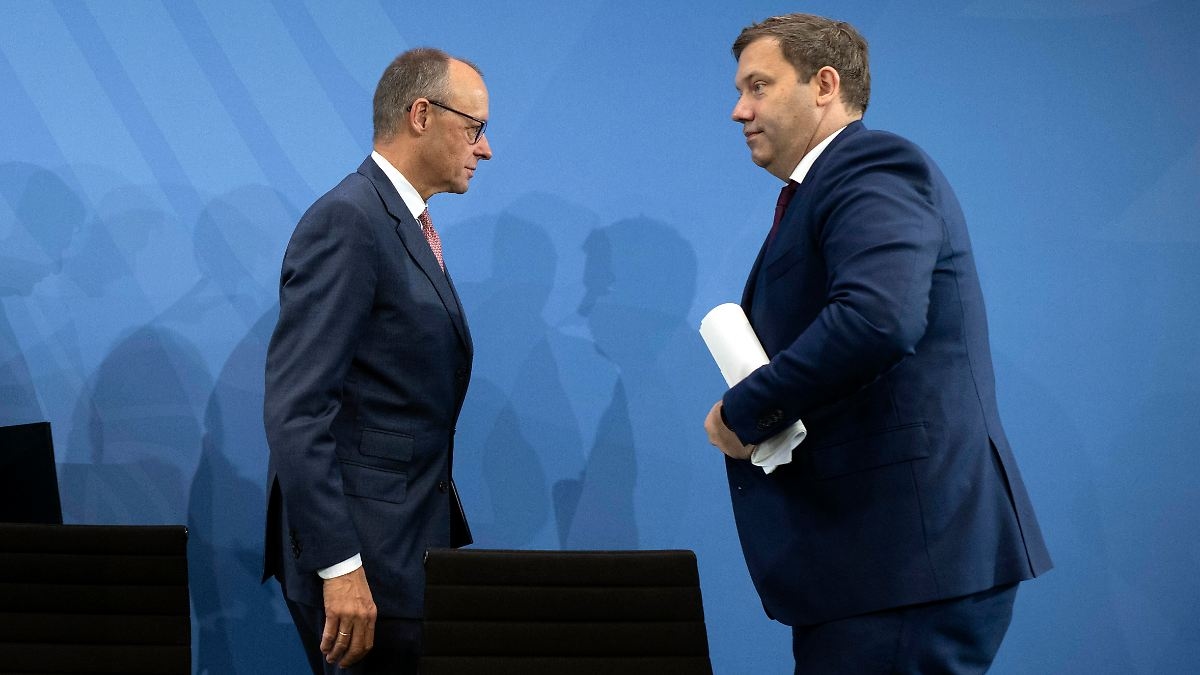Victory in midterm elections: Milei's chainsaw can roar for another two years

Javier Milei celebrates in the heart of Buenos Aires – and strikes a reserved tone in his victory speech.
(Photo: AP)
The congressional election is a vote on Milei's previous project – and Argentina's eccentric president wins a surprise victory. The opposition had little counter-offer. The traumas of the past clearly run deep.
As the first results of the congressional election appeared on the cell phones of people outside the Hotel Libertador on Sunday evening, joy spread through the heart of the capital. In the small crowd outside President Javier Milei's election-night headquarters, a girl held up a purple cardboard chainsaw, a group of young men jumped up and down euphorically; "Peluuuca, Peluuuca," they chanted toward the entrance: Wig, wig. That's one of the nicknames given to the libertarian leader by his supporters because of his striking hairstyle.
"I'm happy, I have a lot of hope," says an elderly woman watching the activity. "The young people have changed. We need change." The harsh austerity measures are to continue, and further fundamental reforms are to be implemented. This is the vote that Argentinians cast in their congressional elections, carrying the party of their president, Javier Milei, to a surprisingly decisive victory. The representatives of La Libertad Avanza, "Freedom Advances," received over 40 percent of the vote, while the Peronist opposition received around 32 percent.
"We've left the crossroads behind us," Milei announces to cheers from a giant screen: "Today, the construction of the great Argentina begins." While people celebrate the success, cars, and sometimes even public buses, honk their horns as they push past the crowd. During the election campaign, Milei announced a labor market reform with which the government intends, among other things, to end industry-wide union contracts and allow workdays of up to 12 hours. Tax reform is also planned.
Symbolic success at the heart of PeronismThe president's goal in the congressional elections was a blocking minority, so he could at least govern by decree. His success goes beyond that and even gives him the prospect of negotiating a majority in the House of Representatives for his projects. The young party previously held only a small minority there and in the Senate. The LLA candidate's success in the province of Buenos Aires, the country's most populous province; usually an opposition stronghold and a kind of heartland of Peronism, is exemplary and highly symbolic. Milei suffered a heavy defeat in the regional elections there in September.
The most important issues in the congressional elections were corruption, unemployment, inflation, and prices. Perceived economic stability is extremely important in Argentina—the trauma of government bankruptcies and, in particular, the seizure of private assets during the 2001 crisis runs deep. Milei is credited with having reduced inflation to 30 percent, down from over 200 percent under the Peronists, who ruled until the end of 2023.
Even various scandals, around 300,000 lost jobs, significant spending cuts, and hidden poverty ultimately failed to significantly damage Milei's party. Despite declining approval ratings for the president, despite the pessimism expressed by the majority in polls about Argentina's future prospects, and the deterioration of its own economic situation this year.
"A vote for (us) will slow Milei down," the opposition Peronists campaigned for voters in the capital. They failed to offer an alternative proposal for where Argentina should go from Milei's chainsaw politics. Their personnel has barely changed since the election defeat two years ago. Despite compulsory voting, only 66 percent of those eligible cast their ballots. The lowest voter turnout since 1942 could indicate a general disenchantment with politics.
Alliance with TrumpThe election result is likely to calm the Argentine government's nerves considerably, as US President Donald Trump threatened before the vote to withdraw United States financial support from Milei if he didn't win. The consequences would be difficult to predict. Argentina is currently dependent on the US to curb inflation and facilitate imports. The White House intervened several times in the currency market in the run-up to the election to support the peso and thus Milei, granting a $20 billion swap.
It's unclear exactly what the trade-off is. US Treasury Secretary Scott Bessent stated that the White House wants to reduce China's influence in South America. According to media reports, the White House may also be interested in access to uranium and rare earth elements in Argentina. In addition, several US companies have invested in the Argentine financial market, including some from Bessent's personal circle.
In addition, Milei's government is currently talking with several US banks about a private loan totaling $20 billion. Just Friday, the head of JP Morgan Chase was in Buenos Aires with a team for negotiations. Argentina's Minister of Economy, Luis Caputo, is a former banker at the company.
With his election victory, Milei's government has at least gotten out of trouble for now. Financial markets now expect price gains for Argentine bonds and stocks, as Milei can continue to push ahead with his reforms. Many analysts also expect a devaluation of the peso, as they consider it overvalued against the dollar. With their election, Argentinians have given the "wig" the two years until the next presidential election to keep the chainsaw roaring.
Source: ntv.de, with rts
n-tv.de





